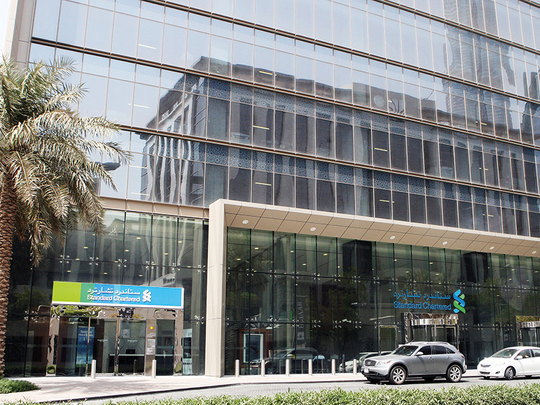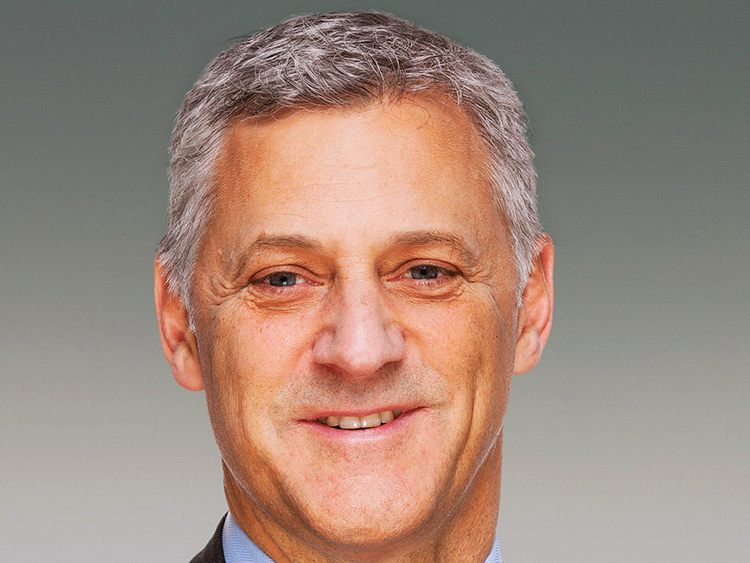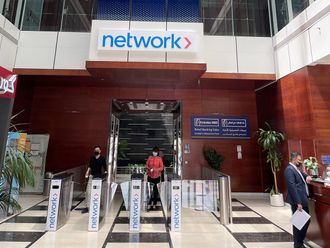
Dubai: A turnaround strategy that was put in place 18 months ago at Standard Chartered following mounting losses it reported is gaining traction and the bank is slowly but steadily moving towards delivering on promises, Bill Winters, Chief Executive Officer of the bank told Gulf News in an interview.
The bank swung to an annual profit in 2016 as loan impairments dropped by almost half and the bank cut costs. Pretax profit for 2016 was $409 million, compared with a loss of $1.52 billion a year earlier. Operating profit excluding one-time items was $1.09 billion.
Winters, more than a year and a half into the job, is confident that the turnaround strategy is working and he can restore a dividend, after a sharp drop in revenue and surging loan impairments in 2015 drove the emerging markets-focused lender to its first annual loss since 1989.
“We put together the new management team in July 2015 and a strategy by November 2015. We agreed the core of the strategy was to secure the foundations of Standard Chartered. We had to make sure that we maintain a strong capital position and a clean balance sheet. We took a very conscious approach to becoming more efficient, reducing costs and reinvesting the savings ack into the business,” said Winters.
Clearly the results are showing. The bank’s shares have nearly doubled over the past 12 months, the best performance among major European lenders. However, the stock still trades at a discount to book value.
Winters said the bank is moving in the right direction and will need some two to three years to get rid of the legacy non-performing loans from its books. The bank already has fortified its capital position, liquidity and has a much cleaned up balance sheet. Loan impairments fell to $2.38 billion last year from $4.01 billion in 2015. Although a large proportion of the non-performing loans have been set aside, it still has a relatively large stock in non-performing loans.
Reporting its 2016 full-year results last month Standard Chartered said its common equity Tier 1 capital ratio, a measure of financial strength, rose to 13.6 per cent from 13 per cent at the end of September. The bank repaired its balance sheet with a £3.3bn rights issue last year and launched a restructuring effort to cut 15,000 of its 86,000 jobs while shedding billions of pounds of poor loans.
“We have returned to profits this year that is very important, although the returns have been low, we are confident that we can achieve the return targets set out in the November of 2015 over the next few years,” he said.
Despite facing a significant spike in loan impairments from some of the leading emerging markets where historically the bank’s operations have been focused, Winters wants to leverage the strength of these markets in his journey back to strong return on investments.
“We are very proud to be known as an emerging market bank. We think this is exactly the right business to be in. We operate in some of the more difficult markets to access financing. That presents great opportunities and good underlying growth,” he said.
He believes that most economies where the bank operates are fundamentally strong and in the last couple of years the focus has been on growing in tandem with the growth rates of the markets where it operates.











